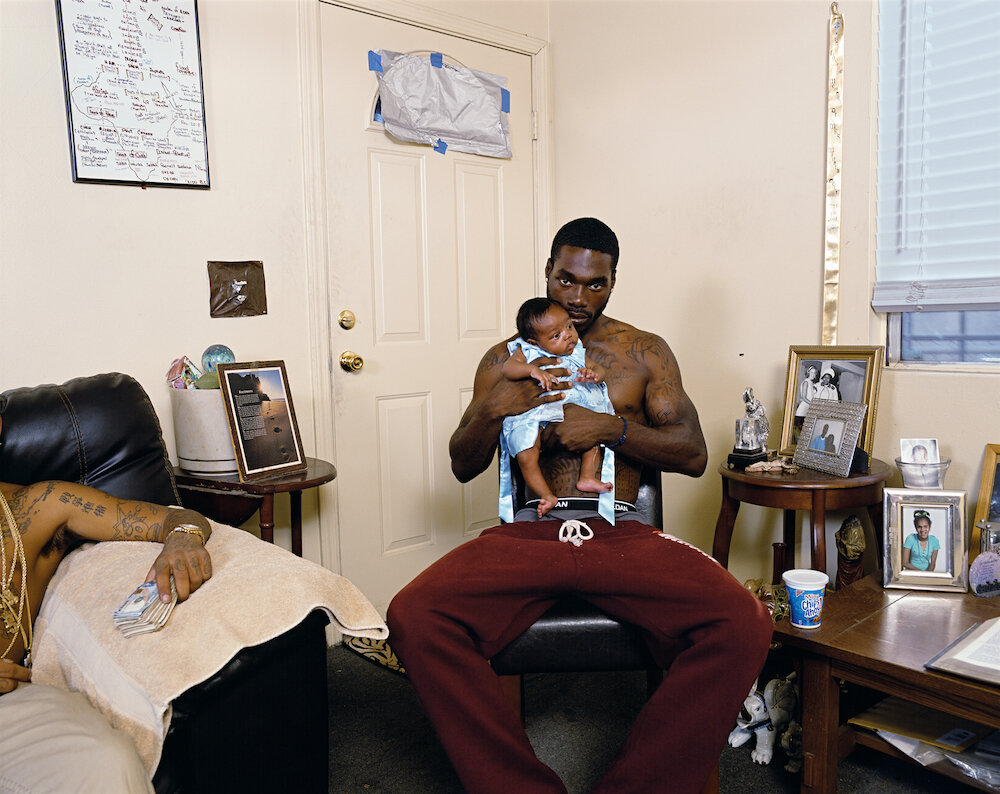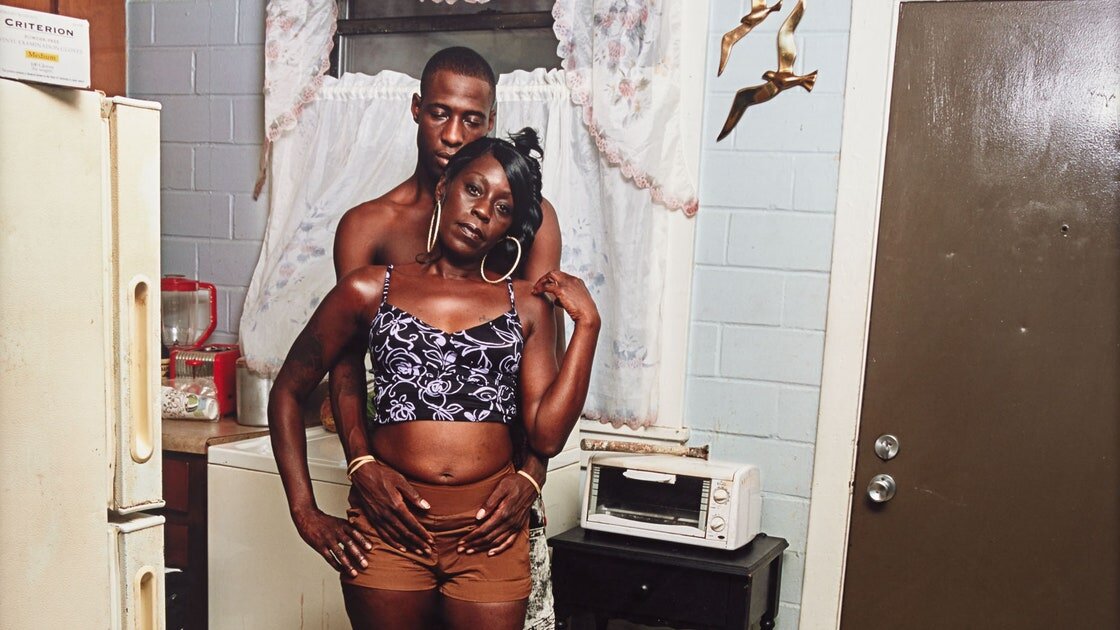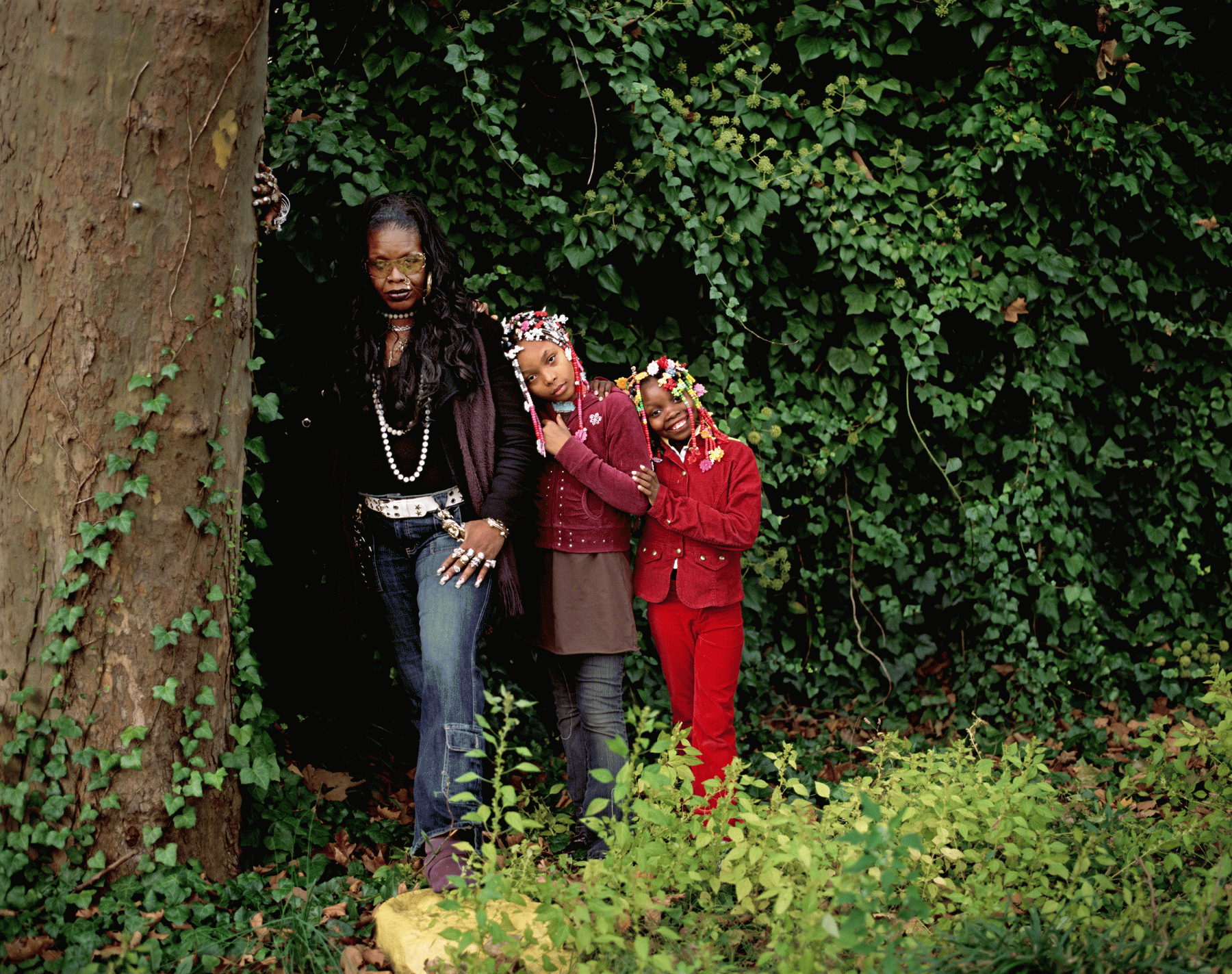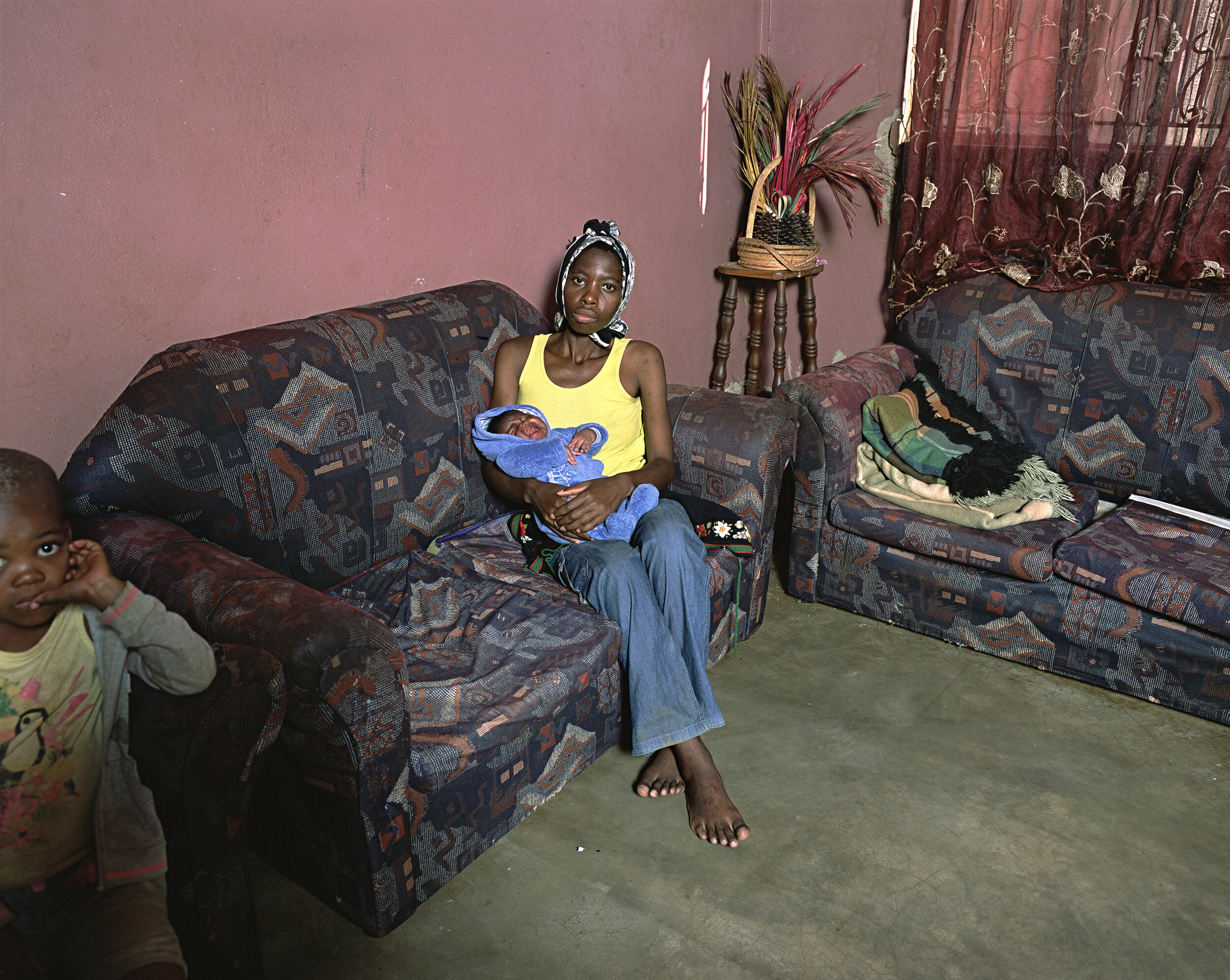Crisis of Worthiness: Reclaiming Possibilities
Joyce Fernandes was a third-generation maid in Sao Paulo, Brazil. She had been told time and again that it was the only thing she was destined for and that she should be happy with it. She was even discouraged from going to college. Resumes sent out with a photo garnered no response—those sent without a photo brought many interviews, but no offers. Even after she stopped cleaning houses and began teaching, the indignities of feeling like someone’s property continued to haunt her. Fernandes took her memories and the stories of her mother and grandmother—who was forced into servitude and made to sleep in a box beside the dog’s kennel—and wrote a book about the lives of Brazilian maids.
Under the stage name Preta Rara (meaning “unique Black woman”), Fernandes has developed a large following as an Instagram personality, a rapper and television host, continuing to shine a light on the plight of Black maids. Fernandes says she felt invisible to society for a long time—but no more.
The feeling of unworthiness is a wretched stain that can seep into every thread of our being. Our sense of self-worth governs how much we value ourselves and, as such, how much of a contribution we feel we can make to society.
Kings and Queens
Photographer and educator Deana Lawson was the winner of the prestigious Hugo Boss Prize in 2020 'for significant achievement in contemporary art.' Lawson creates highly staged tableaus, curating every aspect with careful attention—from lighting to the pose—to accentuate and magnify representations of power and freedom through the personal and intimate. In their vulnerability and the intimacy of Lawson’s staging, her subjects’ strength and humanity are magnified. There is a sense of celebration in what Lawson calls the “already regal, sophisticated, vast, and erudite,” which is germaine to her portrayals of Black people.
In a recent New York Times article Lawson says of her subjects, “They are displaced kings and queens of the diaspora. There’s something beautiful and powerful that hasn’t been taken away.” Key to Lawson’s work is our becoming aware of our reaction to the images. She wants to open and extend the realm of possibilities that her images bring to an individual and their community to counter decades of negative depictions in the art world and beyond.
Gods and Goddesses
In conversation with Marianne Williamson about our human capacity to be and do better, scholar, philosopher, and author Jean Houston stated that we are fractals (self-similar patterns) of the universe. In other words, we’re made of the same materials as the universe, thereby, we are not in the universe, the universe is in us. To that end, Houston says we need to change our perspective to that of being cosmic agents, gods and goddesses wearing bio-degradable space-time suits and recognize that we are gifted to be co-creators. What does it take for us to hold ourselves and each other in such lofty regard?
If we do not feel worthy, we cannot treat others as worthy—not in any truly authentic way. Feeling unworthy is crippling, seeding constant doubt that creates an unforgiving pattern of not-enoughness thoughts and behavior.
There is an intimacy in recognizing the worthiness of every human—a sense of knowing that their gift will be one of value—whenever it is revealed. Speaking from an indigenous Aboriginal perspective, author Tyson Yunkaporta says that respect is the law of the land. Before you can reflect on anything or take any action, you must start in relationship to each other’s story.
Worthiness + Radical Grace can open the beautiful space that is co-creation. We are worthy of every bit of joy, love, dignity, harmony, and peace the universe has to offer. It just needs to be our intention.
To be human is to be worthy.





